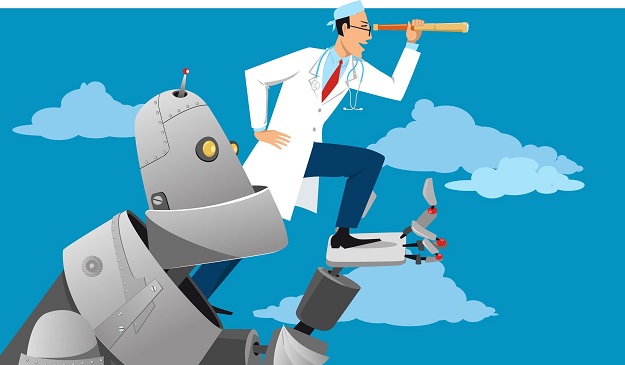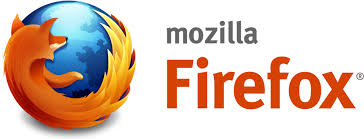When people talk about the privatisation of the UK’s healthcare sector, one of the most compelling arguments put forward is that this will see greater investment in the market. This, in turn, could translate into a superior service, and one that optimises patient care and efficiency.
With more significant investment, the UK healthcare sector would undoubtedly benefit from mobile technology and advanced software applications, which would help stakeholders to meet the challenges facing them in the current social and economic climate.

From the use of tablets and mobile apps to electronic data solutions, contemporary technology has the capacity to revolutionise every aspect of the healthcare sector and bring it kicking and screaming into the 21st century. Here’s how:
Devices and the Rise of Clinical Mobility
We’ve already seen modern technology infiltrate the healthcare sector, of course, with the rise of clinical mobility offering a relevant case in point. This involves the use of mobile devices such as tablets and portable printers, which are leveraged by physicians to share real-time data at the point of care.
With the correct administration, this is proven to elevate patient care while also providing more efficient data storage and transfer processes.
The adoption of mobile technology is also extending throughout the healthcare sector in the UK, from the point of care to consultant offices and even GP surgeries. More specifically, everyone from general practitioners to administrators are utilising mobile devices to view electronic health records, while also executing updates that can be shared and viewed in real-time.
This is definitely providing a huge boon for efficiency, while addressing some of the data issues that have plagued the healthcare sector for decades now.
Revolutionising Patient Records with Software and Blockchain
The topic of electronic patient records (EPR) is particularly interesting, as this is another area in which technology has become increasingly prominent.
Look at servelec hsc, for example, who have recently created an innovative software platform that serves as a trusted and secure EPR solution. This is currently used by thousands of healthcare professionals throughout the UK, while its main objectives are to improve the quality of care while underpinning patient safety and a more beneficial experience for all parties.
The key purpose of this software and similar innovations is to support healthcare professionals, by seamlessly handling administration tasks and enabling physicians to focus on delivering patient-centric care. Another key benefit is that such software can be applied universally across both physical and mental health applications, creating consistent and accurate record keeping processes that drive further efficiencies.
In the longer-term, there’s a growing number of people who are championing Blockchain as the potential future of healthcare records. This distributed and decentralised ledger technology is renowned for driving comprehensive and transparent record keeping, and could well represent the final frontier for electronic patient records.
The use of Blockchain would certainly recognise the data-centric nature of healthcare, with the accuracy and distribution of patient records central to the overall experience of those in need of care. Whether this technology can be applied successfully in the future has yet to be seen, of course, but there’s no doubt that this would represent the future of the healthcare sector should the industry ever be privatised.




